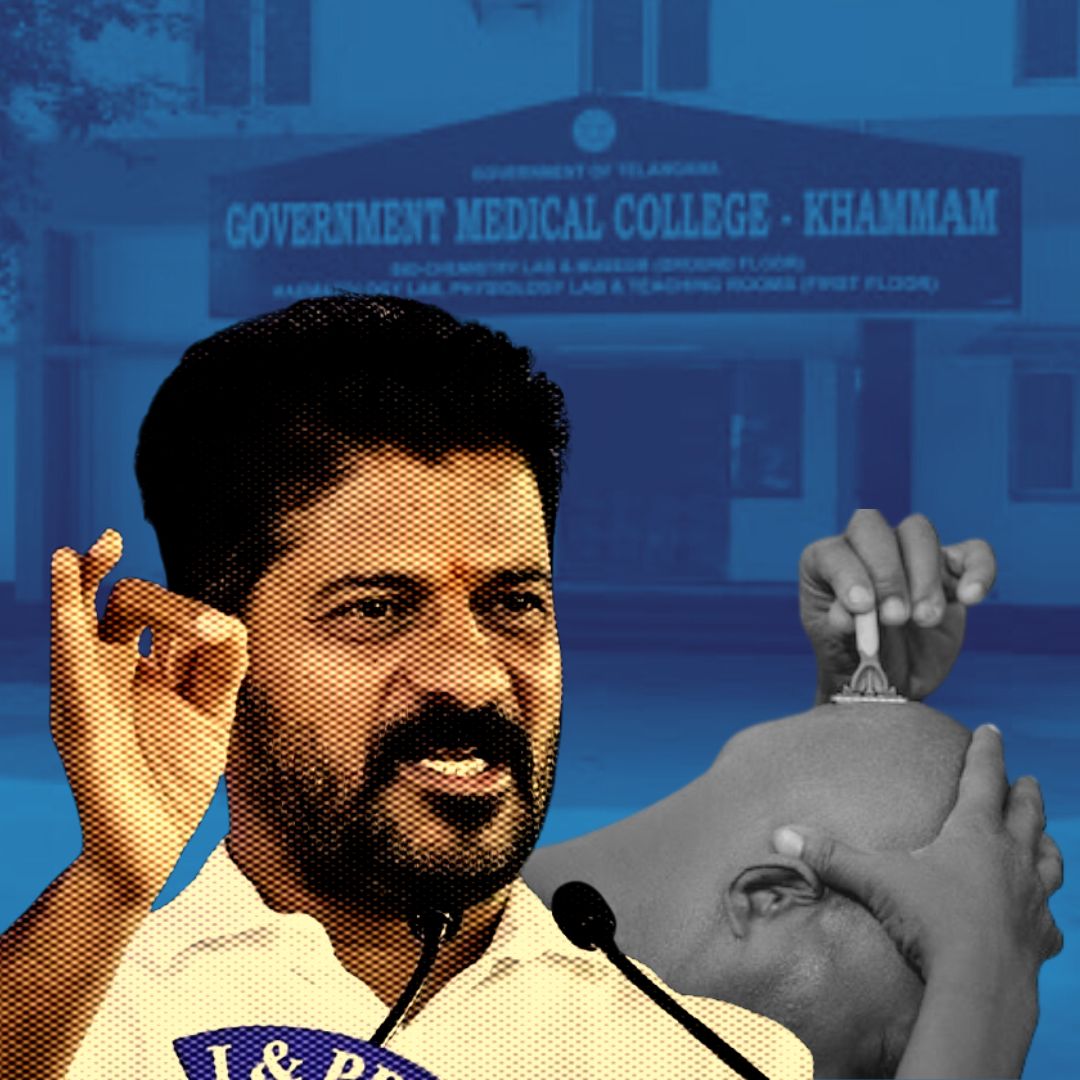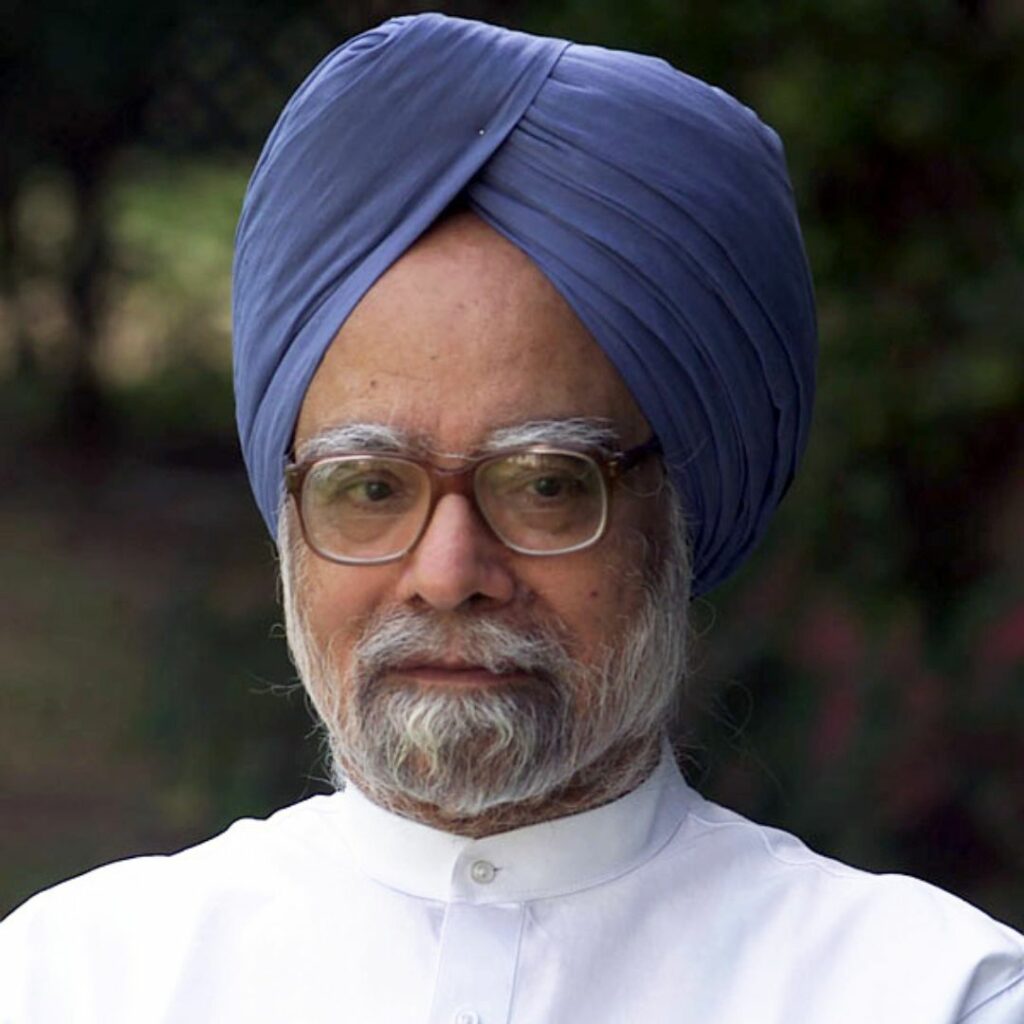On November 12, 2024, a faculty member at Government Medical College in Khammam, Telangana, allegedly took first-year student Vivek to a barber and had his head tonsured for his hairstyle. Following the incident, Health Minister Damodar Raja Narasimha ordered an inquiry on November 17, stating it was not ragging. The assistant professor involved has been removed from the anti-ragging committee as disciplinary action is initiated against him. On November 18, the Minister expressed strong disapproval of the incident and called for anti-ragging awareness programs in medical colleges.
Incident Overview
Vivek, a first-year medical student, allegedly faced ridicule from seniors regarding his hairstyle. After trimming it at their insistence, assistant professor Rehman, responsible for the anti-ragging committee, allegedly deemed it inappropriate and took Vivek to a salon for a complete shave. Distressed by the incident, Vivek reported the matter to the principal on November 13, prompting immediate administrative action.
Context and Reactions
This incident reflects ongoing issues of authority and discipline within medical colleges. While officials clarified that this was not an act of ragging, it raises significant concerns about faculty treatment of students. The principal condemned Rehman’s actions as inappropriate and emphasized the need for respectful conduct among faculty members. Following the inquiry’s initiation, Health Minister Narasimha expressed strong disapproval of Rehman’s actions and directed officials to take immediate action against those responsible. He also highlighted the importance of implementing anti-ragging awareness programs in all medical colleges.
In response to the incident, Narasimha held a teleconference where he urged medical students to refrain from ragging so they don’t ruin their lives. Student organizations have protested against the incident, demanding strict action against those involved, indicating significant unrest among the student body.
The Logical Indian’s Perspective
This troubling incident underscores the urgent need for a culture of empathy and respect within educational institutions. Discipline should never come at the cost of a student’s dignity. How can we ensure that our educational environments foster kindness and understanding rather than fear?











